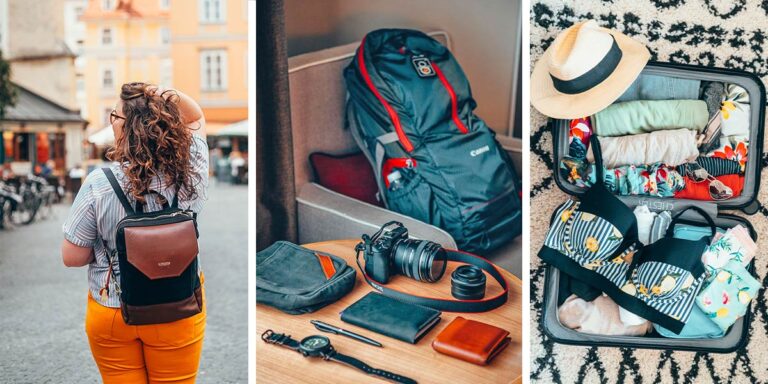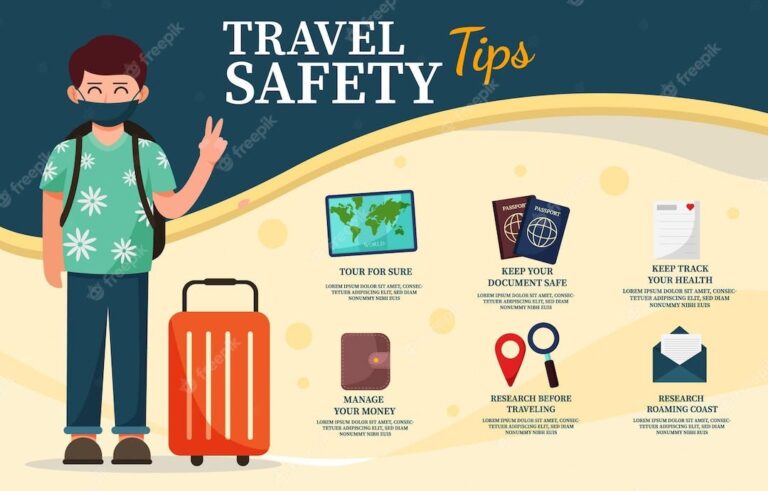Navigating Cultural Differences: Etiquette Tips for First-Time Travelers
Embarking on a journey to a new destination offers more than just scenic landscapes and delicious cuisines—it’s an opportunity to immerse yourself in diverse cultures. Understanding and respecting cultural etiquette abroad can enhance travel experience and foster positive interactions with locals. Whether you’re exploring bustling markets in Asia or savoring espresso in European cafes, these etiquette tips will help you navigate cultural differences with grace and respect.

1. Research Before You Go:
Before you travel, take the time to research the cultural norms and customs of your destination. Familiarize yourself with greetings, gestures, and taboos specific to the country or region. Understanding basic etiquette shows respect for local traditions and demonstrates your cultural awareness.
2. Dress Appropriately:
Respect local dress codes and customs regarding attire. In some cultures, modest clothing is expected, particularly when visiting religious sites or rural areas. Pack clothing that covers shoulders and knees to ensure you can comfortably comply with local expectations without drawing unnecessary attention.
3. Learn Basic Phrases:
Learning a few phrases in the local language can go a long way in bridging cultural gaps and showing appreciation for the host country. Practice common greetings, polite expressions, and simple phrases for ordering food or asking for directions. Locals often appreciate the effort, even if your pronunciation isn’t perfect.
4. Observe and Adapt:
Observe how locals interact and behave in various settings. Pay attention to social norms regarding personal space, punctuality, and communication styles. Adapt your behavior accordingly to blend in and avoid inadvertently causing offense or misunderstanding.
5. Mind Your Gestures:
Be mindful of gestures that may have different meanings across cultures. For example, a thumbs-up gesture may be positive in one country but offensive in another. Avoid pointing with your finger and use an open hand or nod to indicate directions or agreement instead.
6. Dining Etiquette:
Dining customs vary widely around the world. Familiarize yourself with local dining etiquette, such as whether to wait to be seated, how to use chopsticks properly, or whether tipping is customary. Observe how others eat and follow their lead to avoid cultural faux pas.
7. Respect Religious Practices:
If you’re visiting a destination with religious significance, show respect for local customs and practices. Dress modestly, remove your shoes when entering temples or mosques, and follow any specific rituals or restrictions observed by worshippers. Seek permission before taking photographs in sacred spaces.
8. Be Polite and Patient:
Politeness and patience are universally appreciated traits. Use “please” and “thank you” in local languages, greet people with a smile, and show patience in interactions, especially when language barriers exist. Kindness and respect transcend language and cultural differences.
9. Understand Gender Roles:
In some cultures, gender roles and expectations may differ from what you’re accustomed to. Respect local norms regarding interactions between genders, appropriate behavior in public, and personal boundaries. Be mindful of how your actions and words may be perceived in a cultural context.
10. Be Open-Minded and Curious:
Approach cultural differences with an open mind and genuine curiosity. Embrace opportunities to learn about new traditions, customs, and perspectives. Engage respectfully in conversations with locals to gain insights into their way of life and enrich your travel experience.
11. Handle Gifts and Invitations Thoughtfully:
If offered gifts or invitations by locals, accept graciously and show appreciation. In some cultures, refusing hospitality can be seen as disrespectful. Consider bringing small gifts from your home country to offer as tokens of appreciation, especially when staying with hosts or visiting local communities.
12. Respect Personal Space and Privacy:
Respect personal space and privacy boundaries, especially in crowded areas or when photographing people. Always ask for permission before taking someone’s photo, particularly in intimate or religious settings. Be mindful of cultural attitudes towards personal space and avoid invading it unintentionally.
13. Adapt to Local Time and Pace:
Adjust to the local time schedule and pace of life. In some cultures, people may prioritize leisurely meals or afternoon siestas, while others adhere strictly to schedules. Embrace the local rhythm and be flexible in your plans to align with cultural practices and daily routines.
14. Seek Guidance When Unsure:
If you’re uncertain about cultural norms or etiquette, don’t hesitate to ask for guidance from locals or your accommodation staff. They can provide valuable insights and advice tailored to your specific destination. Demonstrating a willingness to learn and adapt shows respect and fosters positive interactions.
Final Thoughts
Navigating cultural etiquette abroad is an enriching aspect of travel that enhances your understanding of the world and promotes cross-cultural appreciation. By respecting local customs, adapting to cultural differences, and approaching interactions with empathy and curiosity, you’ll create meaningful connections and unforgettable experiences wherever your travels take you. Embrace diversity, learn from each encounter, and enjoy the journey of cultural discovery. Safe travels!




